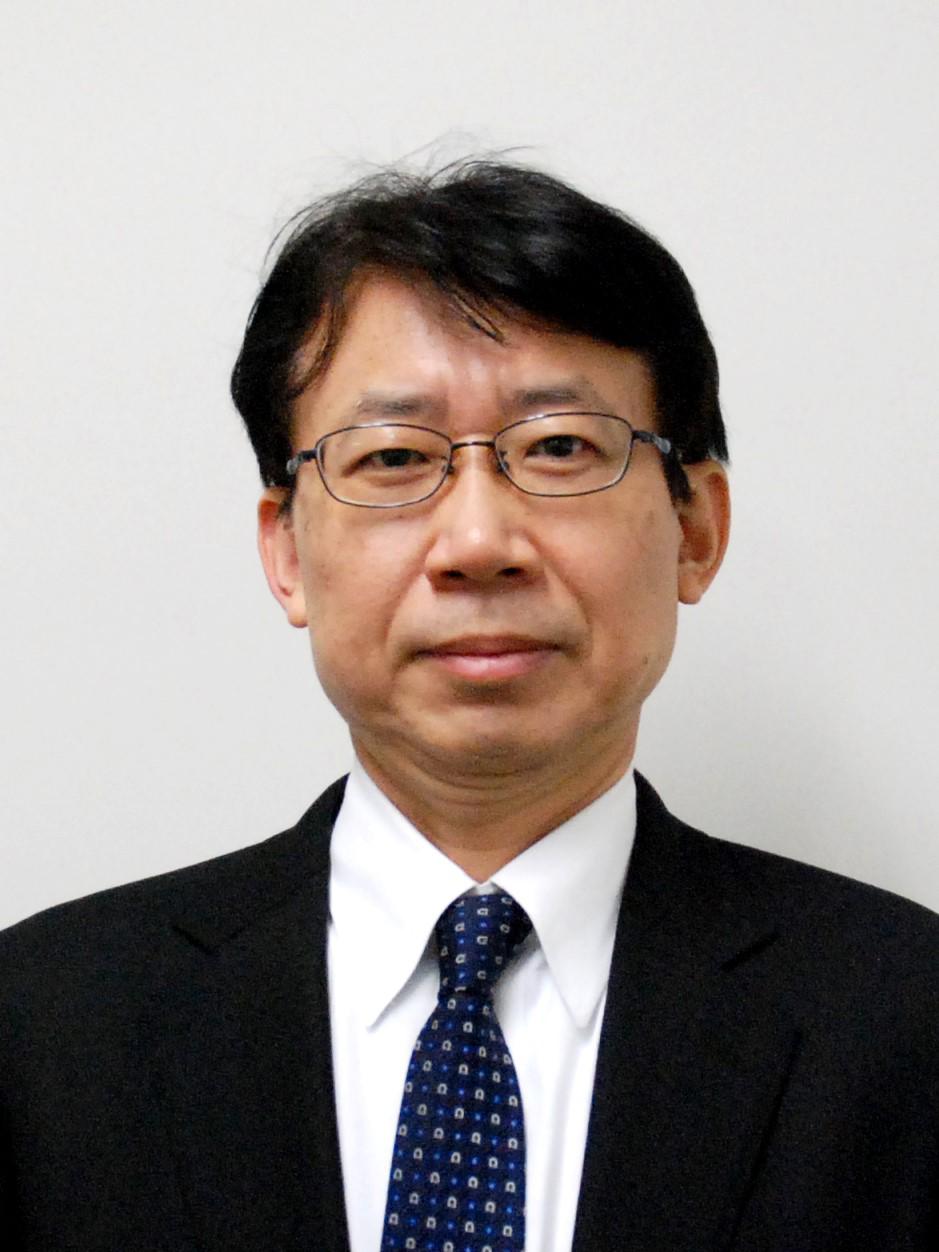A recovery in the Japanese economy centering on the corporate sector is ongoing, and economic growth potential and competitiveness are steadily increasing. The utilization of information and communications technology (ICT) is becoming increasingly entrenched, and this has significantly reduced the cost of innovation and communication. There is no question that further promotion of investment in and utilization of intangible assets such as ICT and research and development will be essential to increasing Japan’s growth potential.
However, against the background of Japan’s shortage of labor power, it is possible that the entrenchment of ICT as a general-purpose technology will result in the future replacement of numerous jobs and forms of labor by capital embodying new technologies. If the potential for substitution by technology increases, it will be economically rational for companies to control their allocation of funds to labor income. If this mechanism becomes stronger, it could suppress an increase in the labor share despite the fact that the total economic pie increases. We must consider the possibility that this will sap the momentum of the recovery in consumption and prices.
From the perspective of ensuring that Japan’s economic growth potential continues to increase into the future, a 2% rate of inflation is a feasible target that we should continue to aim towards. However, it is predicted that the realization of this target will require a considerable amount of time. The necessary orientation for future monetary policy will be to flexibly but tenaciously maintain the existing framework, while also giving deeper consideration to both the effects and potential risk of adverse effects associated with the prolongation of monetary easing.



